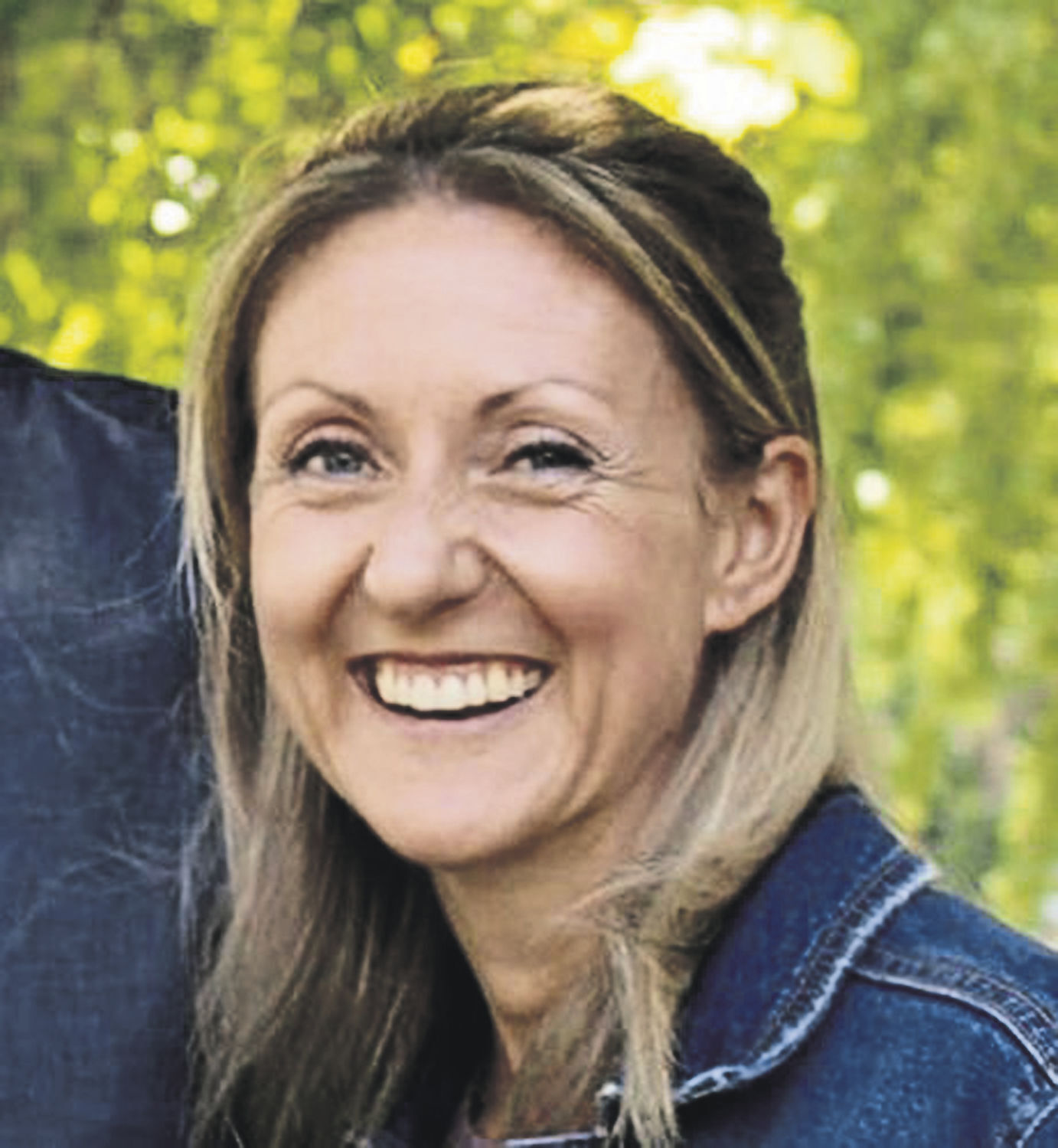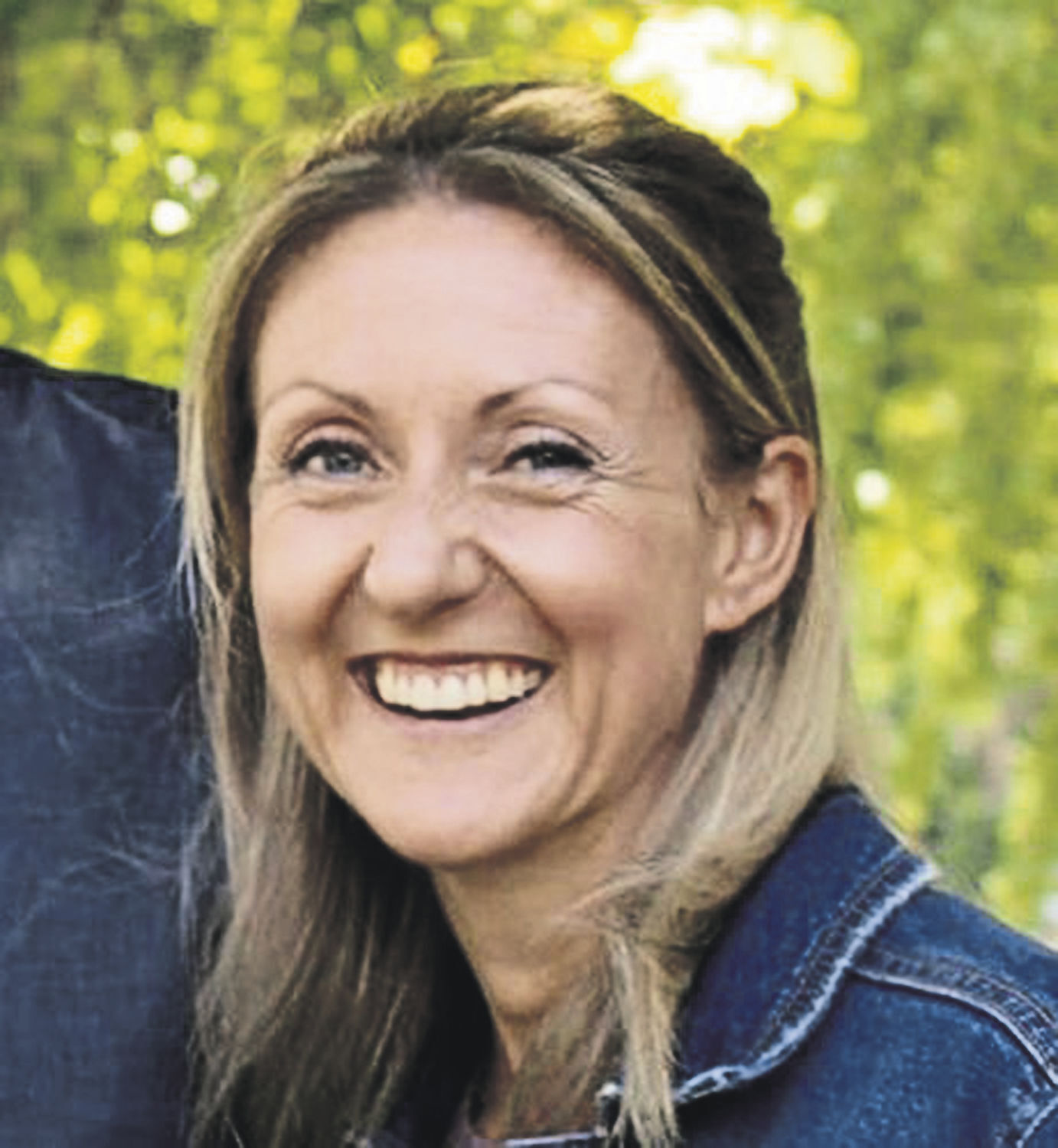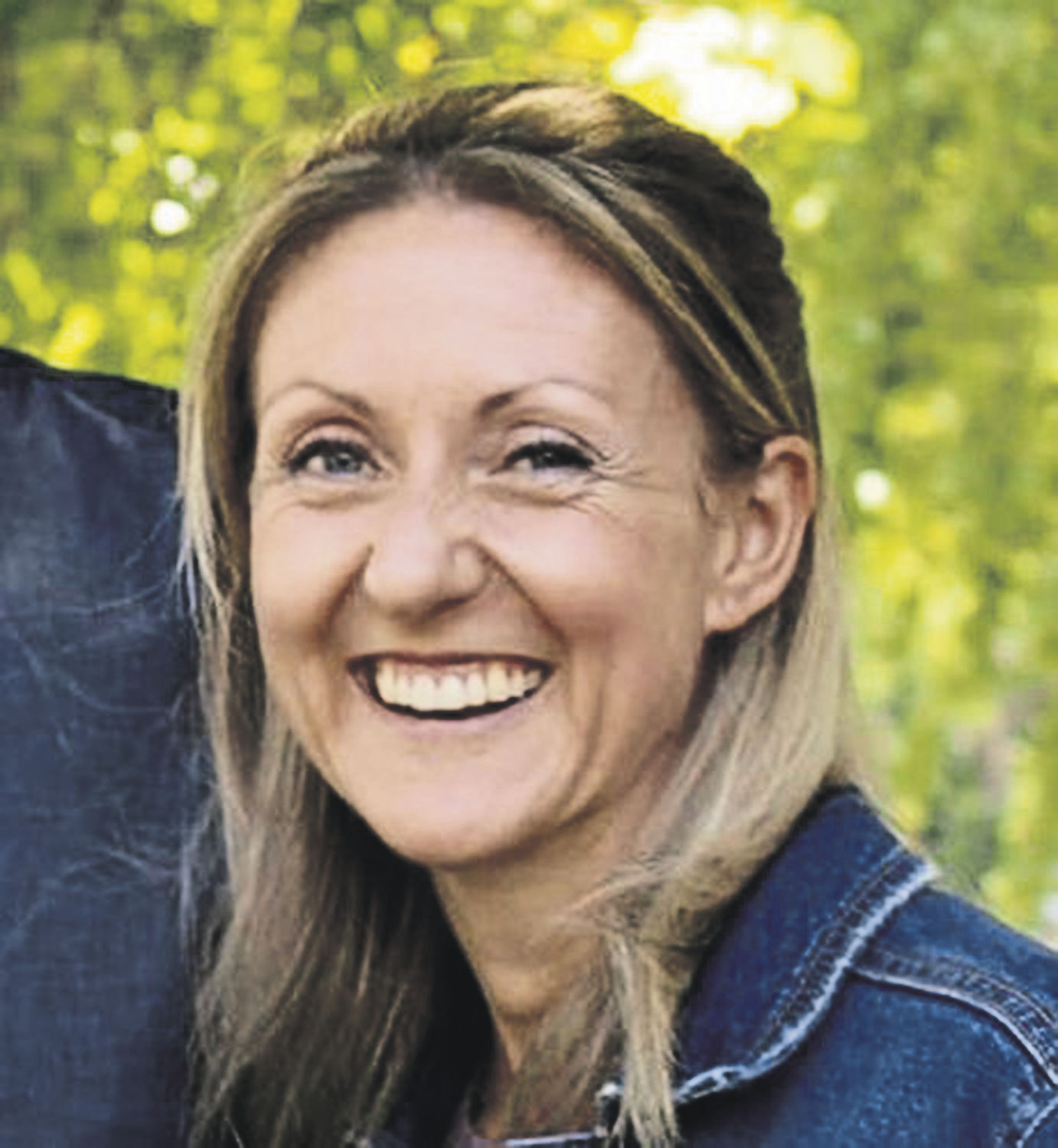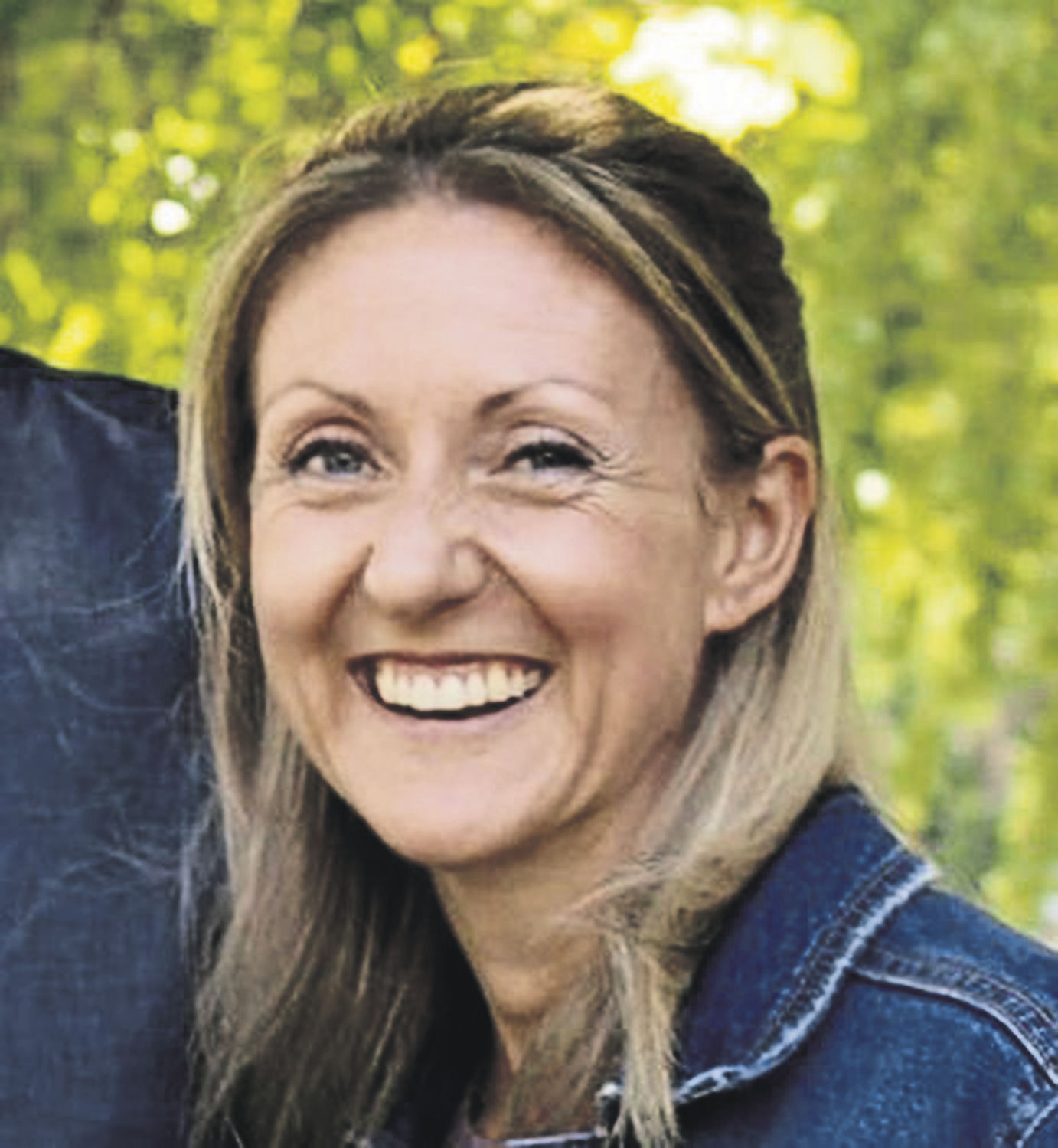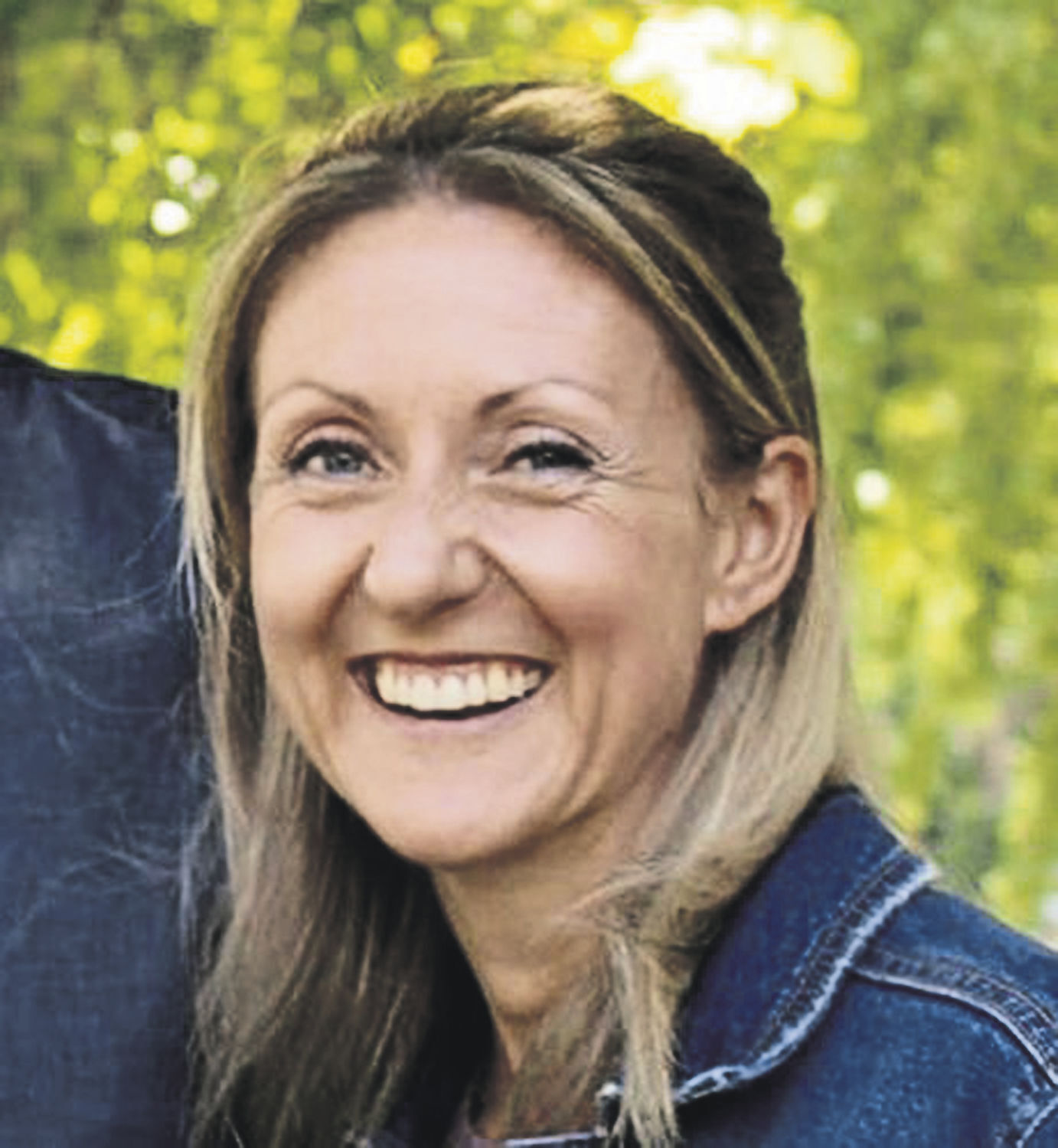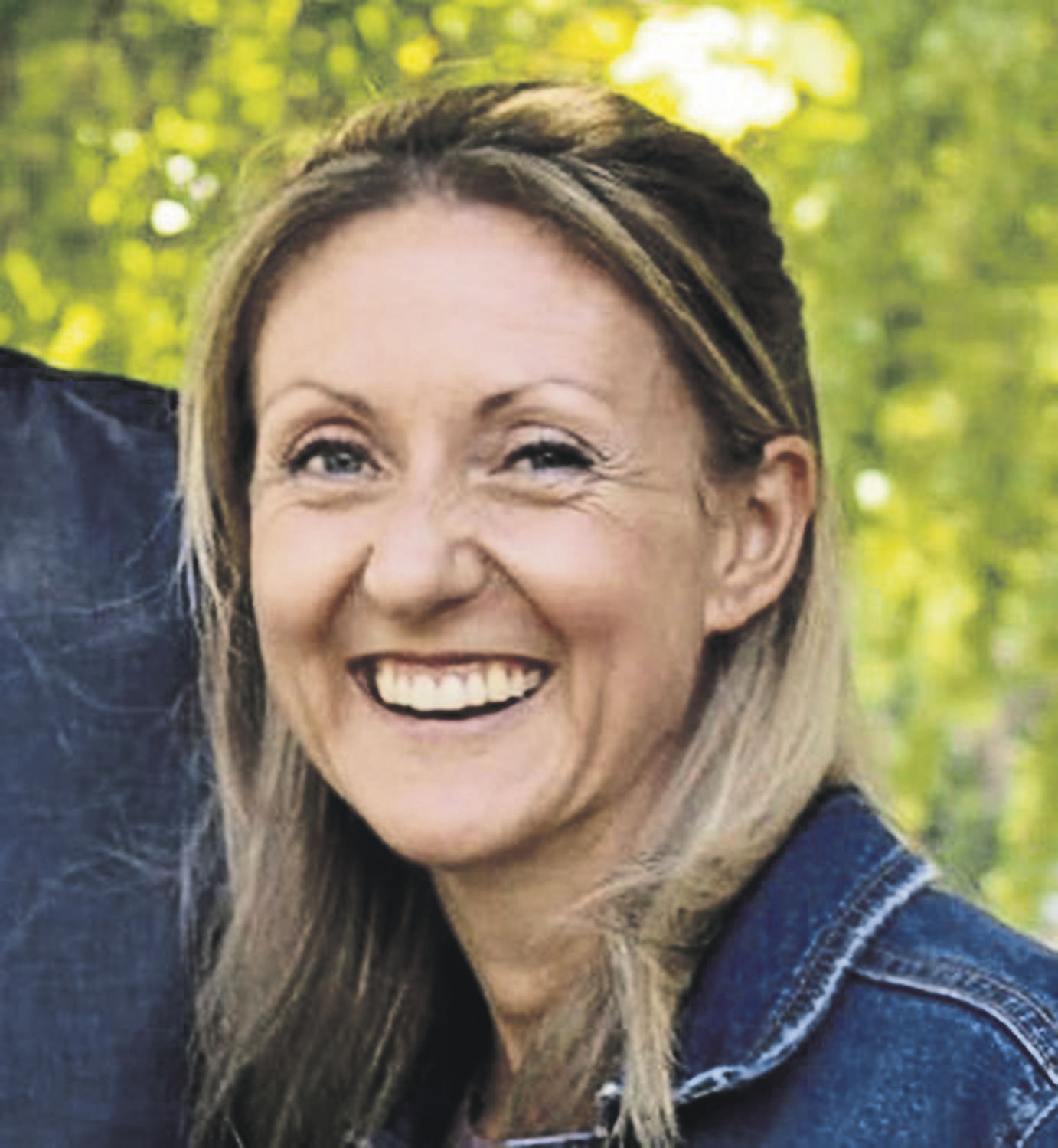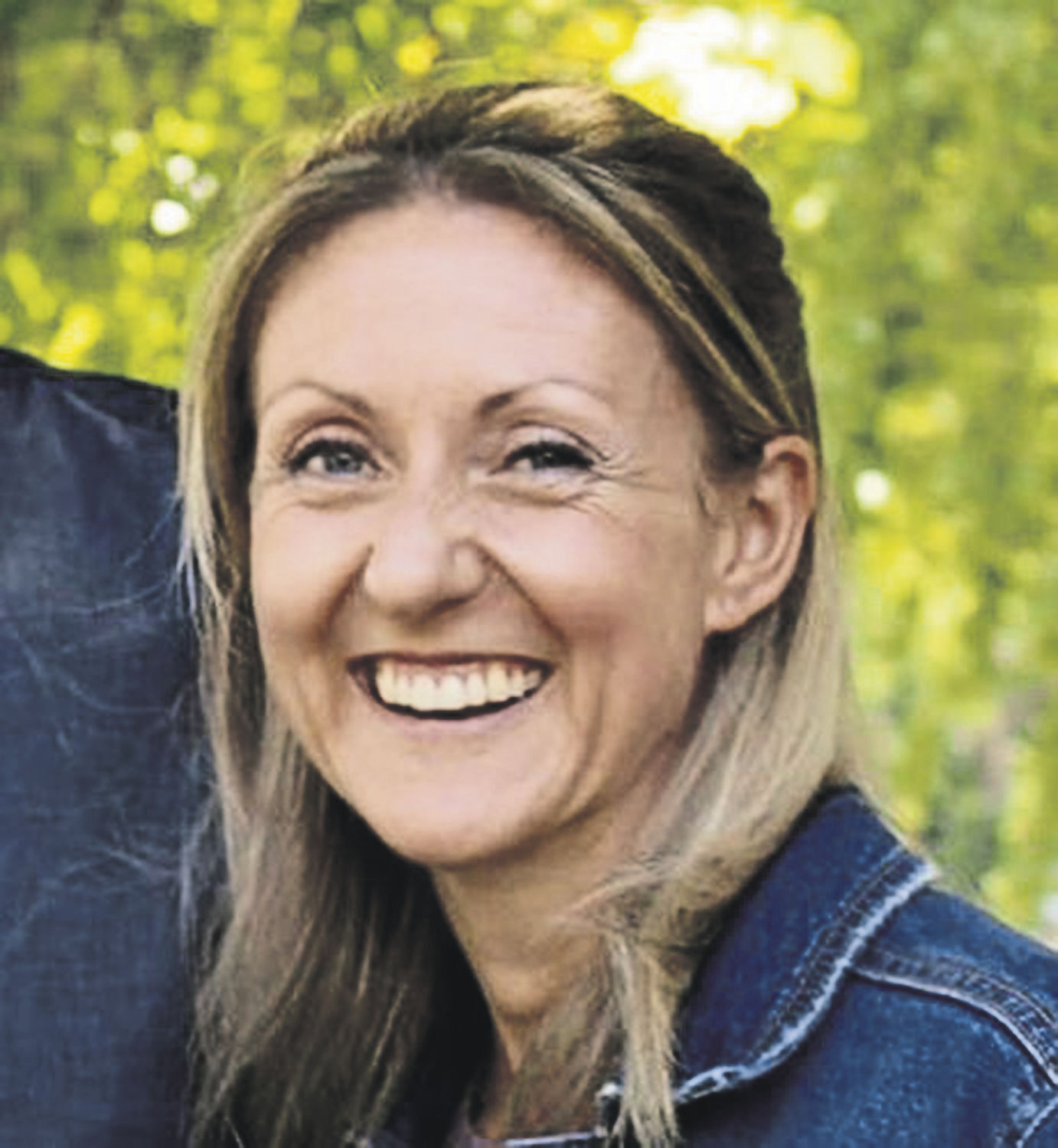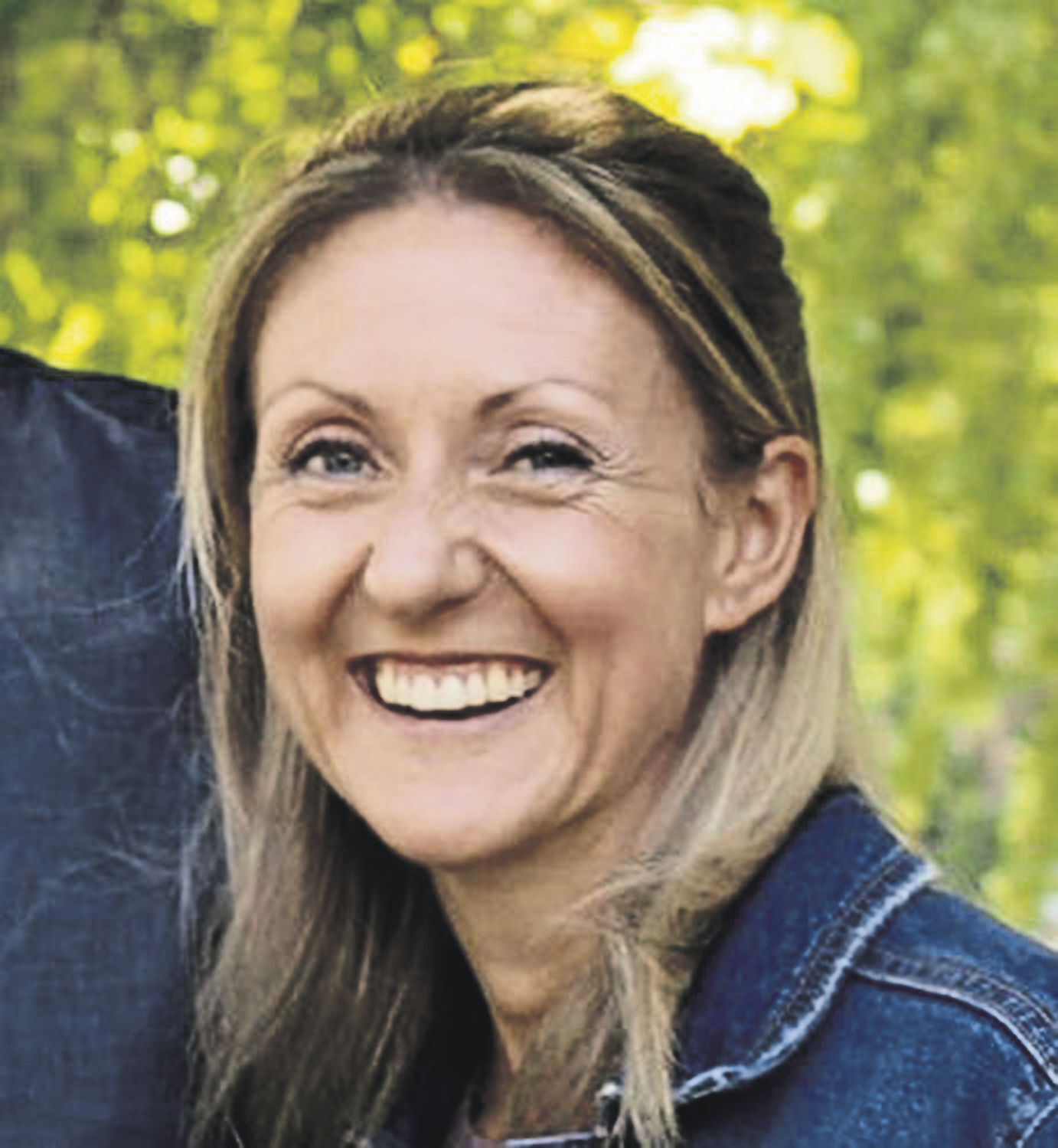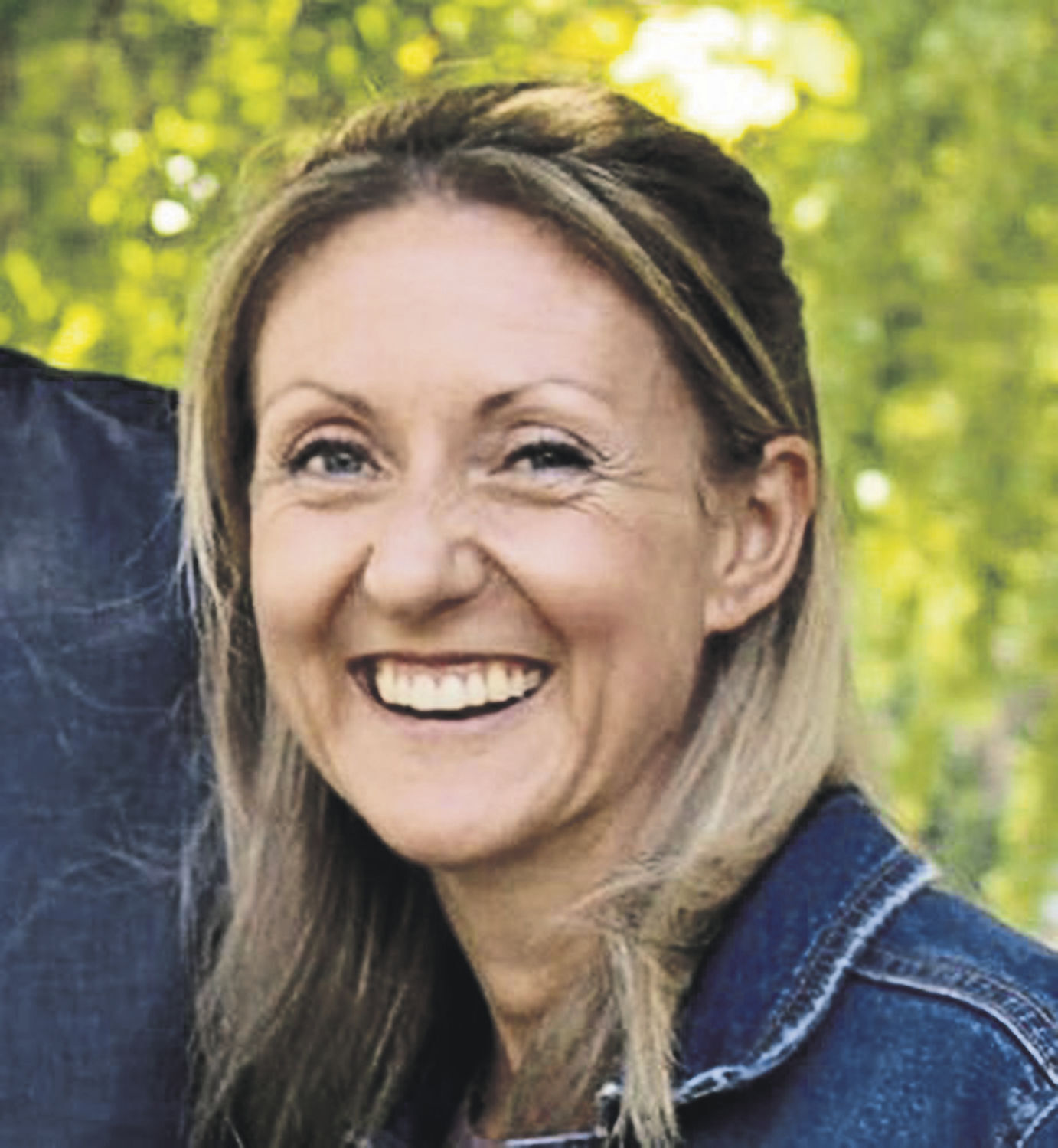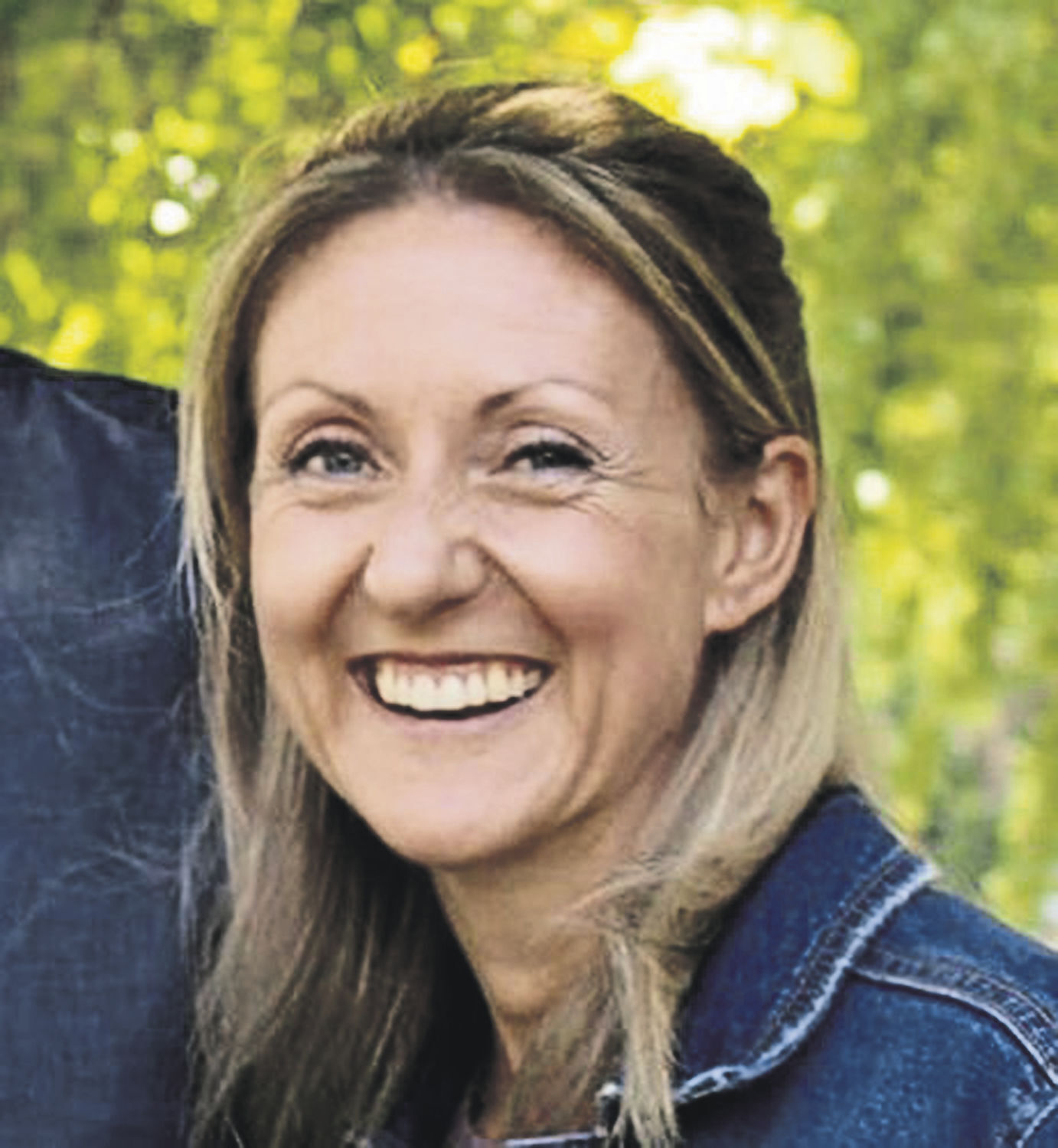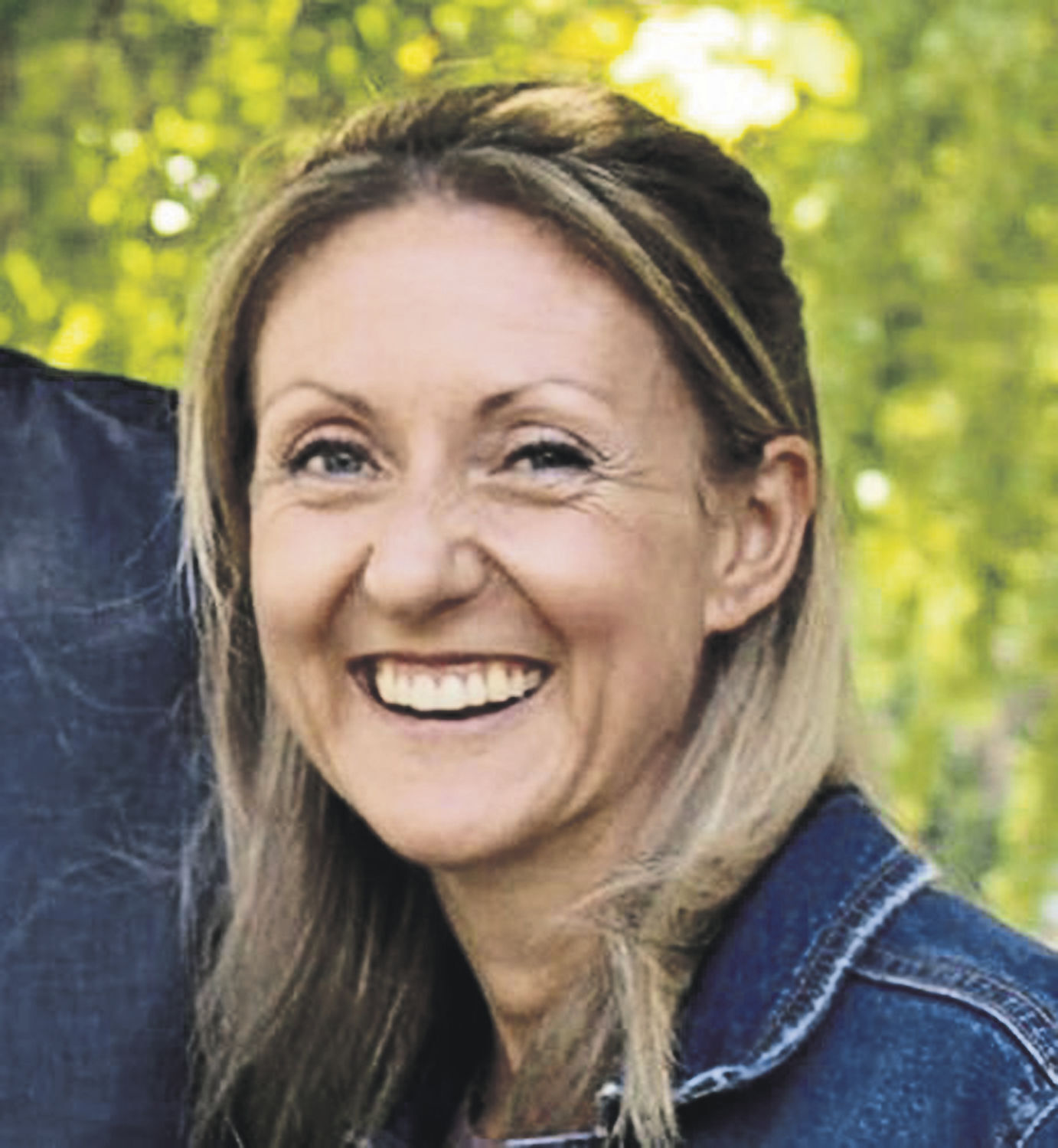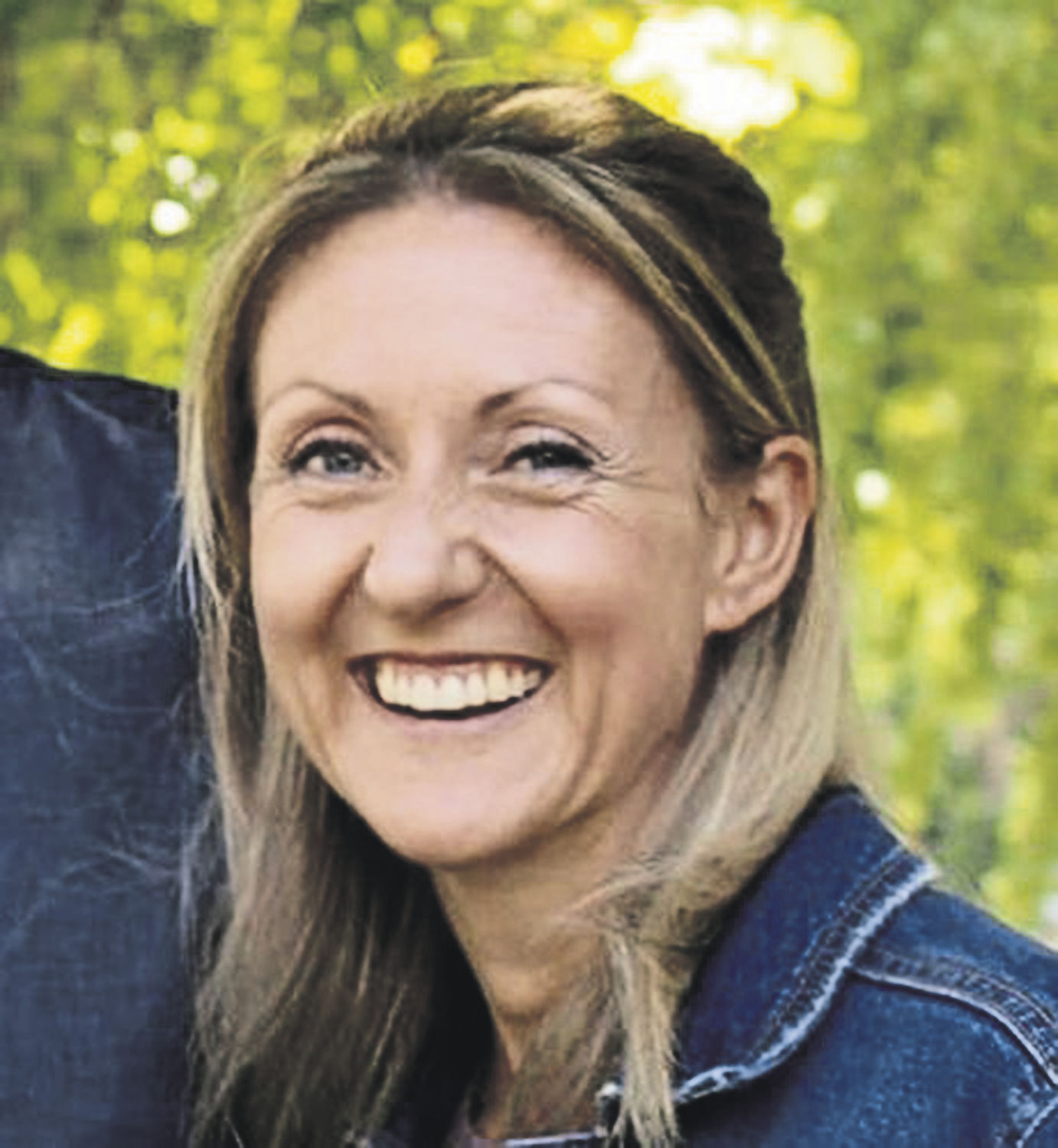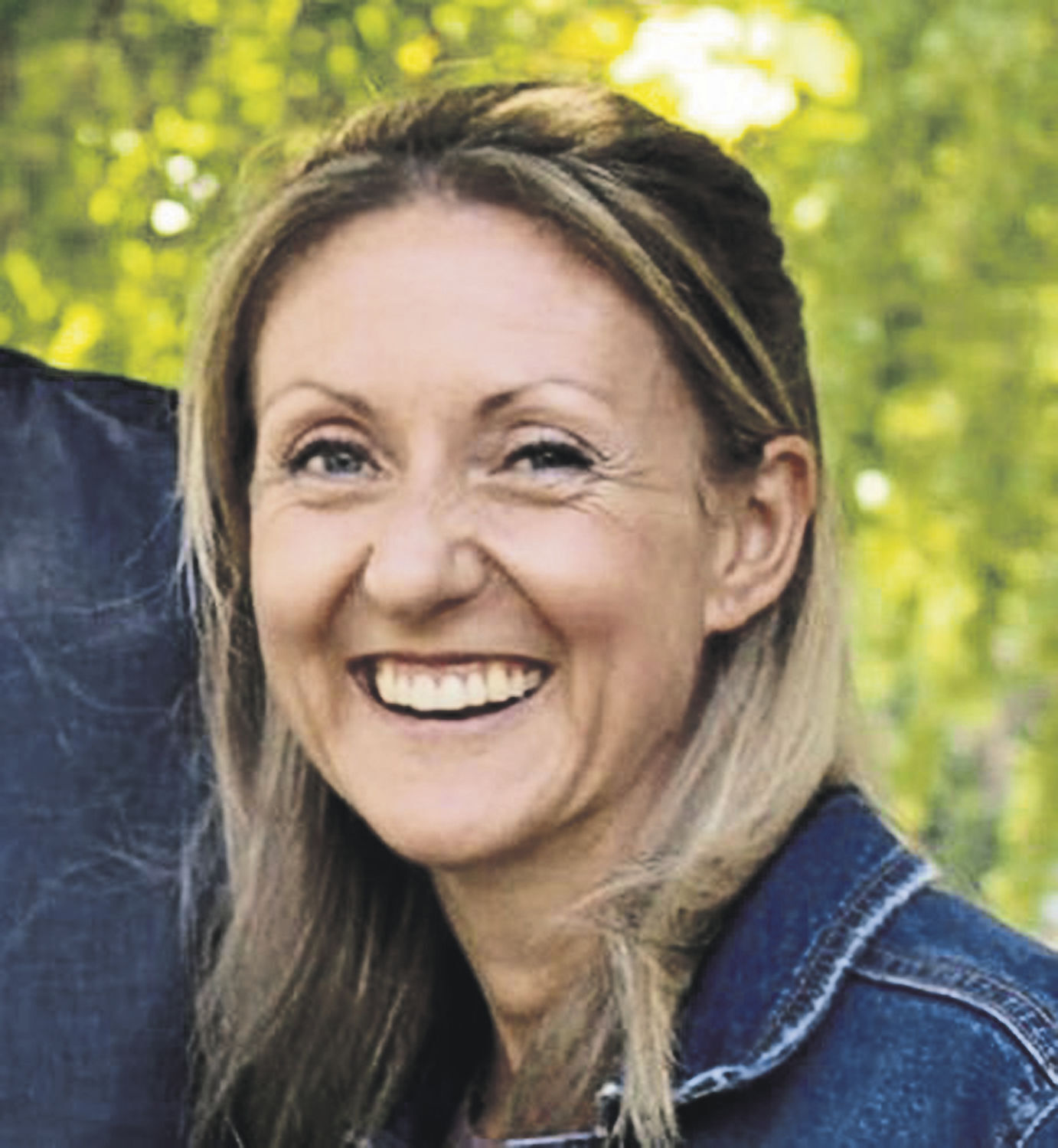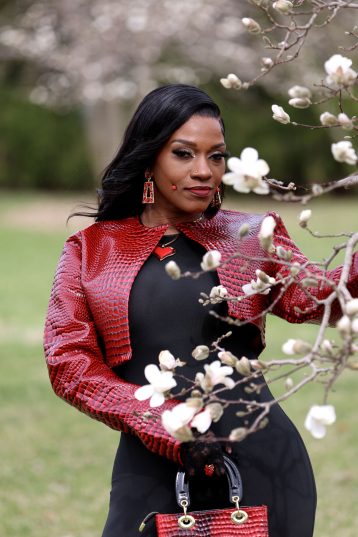When it becomes standard practice to teach a subject in schools (such as math, science, social studies, physical education, etc.), it is common for a state to adopt academic content learning standards in that area.
These are learning targets differentiated by subject and grade level that students are expected to learn each year. If your child attends a public school, he or she is assessed according to these standards, and the marks on your child’s report card are telling you how he or she is doing.
An example of a kindergarten reading standard is that a child in this grade learns to, “recognize and produce rhyming words, “while an eighth grade social studies student is expected to, “explain how the physical and human characteristics of place and regions influence cultures.”
Recently, schools have been opening their eyes to the fact that students need to be taught and assessed on more than just academic content. Our society is beginning to understand that children and teens must be taught social skills and given emotional regulation tools if they are to grow up as healthy, functioning adults.
This is why beginning this school year, every child in Iowa public schools will be assessed not only on academic content but also on his or her social-emotional skills as well. Just as established standards and norms are used to teach and assess our children in the main subject areas, social-emotional standards will be used to assess your child in this new area of the curriculum.
When the specially appointed committee sat down to create Iowa’s social-emotional standards, they divided the expectations for students into five areas: Self-awareness, self-management, social awareness, responsible decision-making and relationship skills.
Self-awareness is defined as, “the ability to accurately recognize one’s own emotions, thoughts and values and how they influence behavior.” Included in this standard are identifying emotions in oneself and others, having an accurate perception of one’s strengths and stretches and building self-confidence. An example of a third grade self-awareness standard is that students can, “describe a range of emotions and the situations that cause those emotions.” A student in high school is expected to, “recognize emotions as personal indicators of responses to situations.”
The second category, self-management, is defined as being able to regulate one’s emotions, finding effective tools for stress management, having self-control, building up self-motivation and being able to set and achieve goals. Under the umbrella of this standard are the skills of impulse control, stress management, self-discipline and self-motivation, goal-setting and organizational skills. An example of a self-management standard is the expectation that sixth graders, “identify stressors that result in physical or emotional responses.” Another self-management standard is that in first grade, students should be able to, “identify healthy practices to manage responses to stressful situations.”
The third area of social-emotional development in the standards is social-awareness. Included in this area are the ability to take the perspective of others’, having empathy, respecting diversity and civic engagement. Examples of standards in this area are that young students should be able to, “demonstrate awareness that others may have different thoughts or feelings from oneself,” while older students should be able to, “demonstrate awareness of other people’s emotions, experiences and perspectives through a cross-cultural lens.”
The fourth category of standards falls under the category of responsible decision-making. This refers to the ability to consider the well-being of self and others, recognizing one’s responsibility to act ethically, making safe decisions, understanding consequences and making choices that are constructive for oneself and others. Learning to identify problems, analyzing solutions and acting ethically all fall under this category. An example of a standard in this standard is that primary students can, “identify choices that may result in a problem,” while upper elementary students can, “identify the possible positive and negative effects a decision could have on themselves and others.”
The fifth category, relationship skills, has to do with building relationships with a diverse group of people. This includes having tolerance, being able to communicate clearly, working cooperatively with others, having conflict resolution skills and knowing when to seek help to problem-solve. A standard for a fourth grader is that they can, “recognize facial expressions, body language, gestures, words and tone of voice of others to understand others’ thoughts and feelings.” High schoolers are expected to, “analyze social situations and environments, including social media and respond in ways that build/sustain healthy relationships.”
Schools have long been a place where children learn more than just academics. Putting the expectations we have for our children to grow up into responsible, caring adults into formal terms is a positive step forward for our education system. The examples listed in this column are just a small sample of the actual standards developed for a social-emotional curriculum in Iowa. When you receive your child’s first report card this school year, look with anticipation to see your child’s progress in his or her social-emotional development.
Melissa Hyde has a masters in education from Pepperdine University in Los Angeles and more than 10 years experience teaching elementary education. She works for Challenge to Change in Dubuque, teaching children social emotional regulation skills through the practices of yoga and mindfulness.

